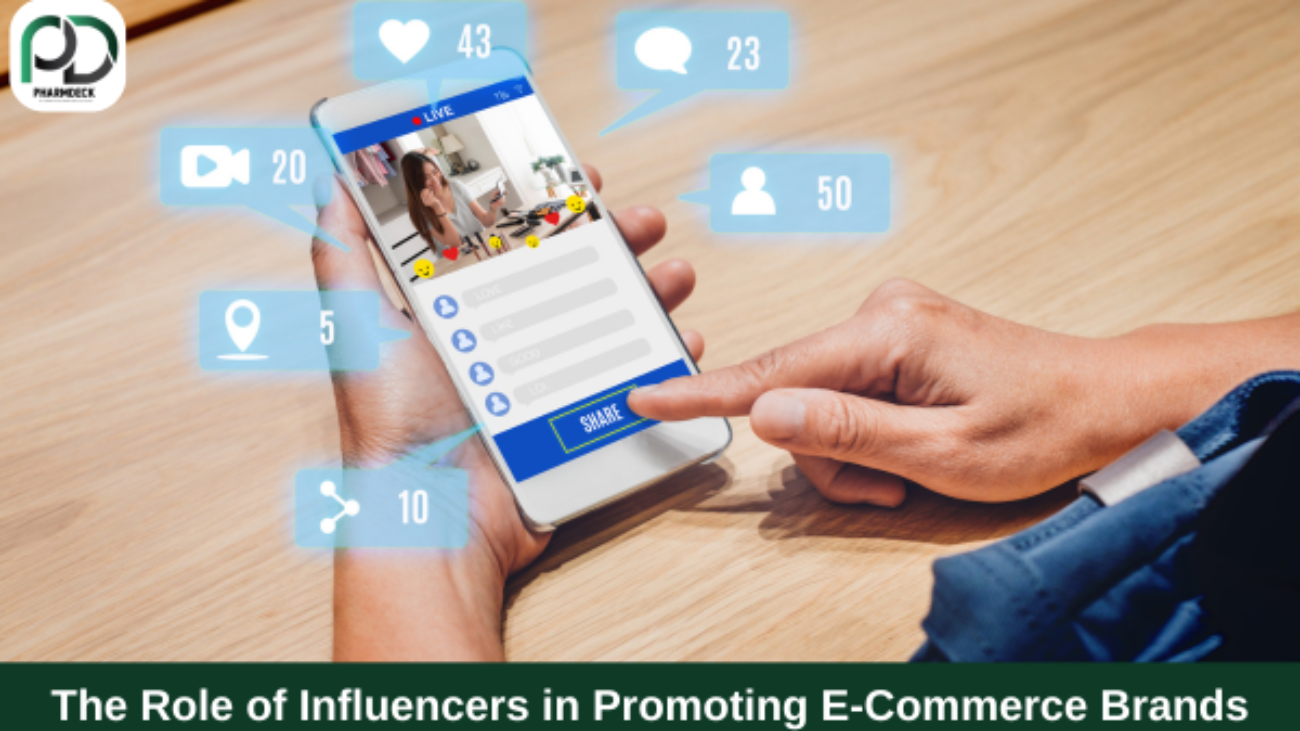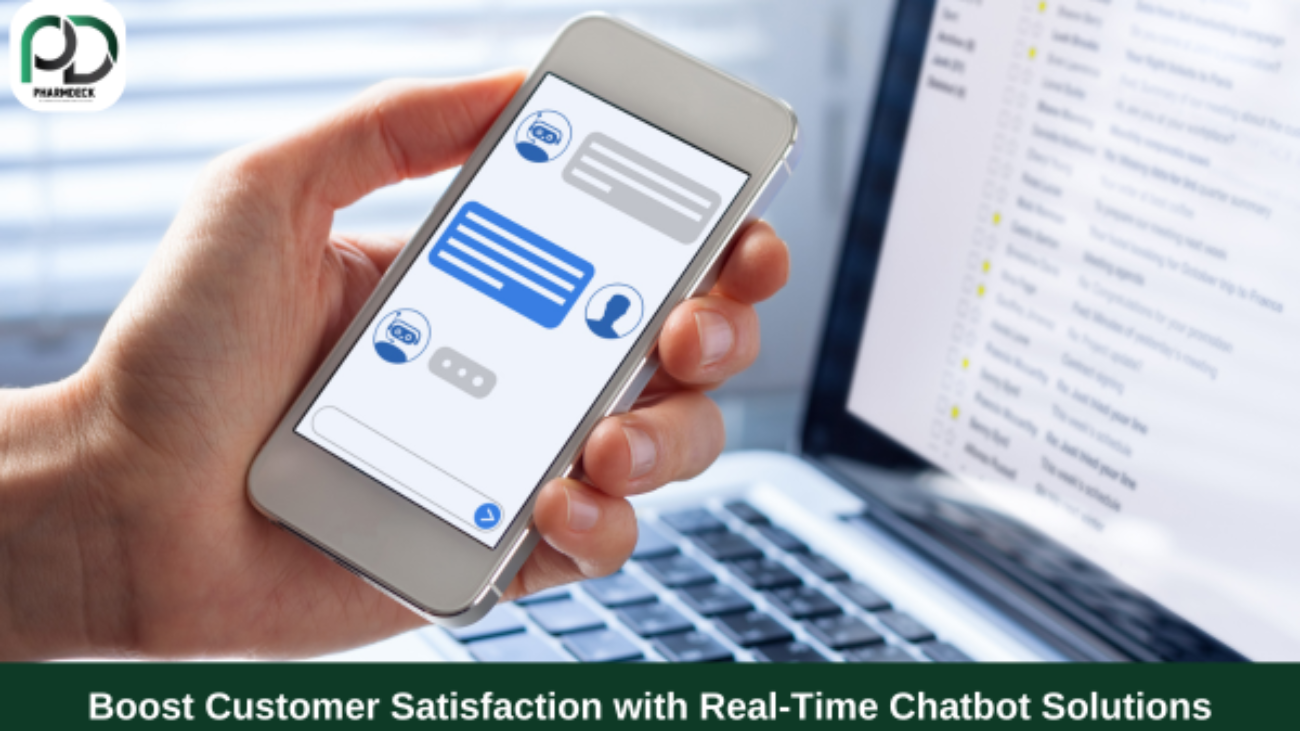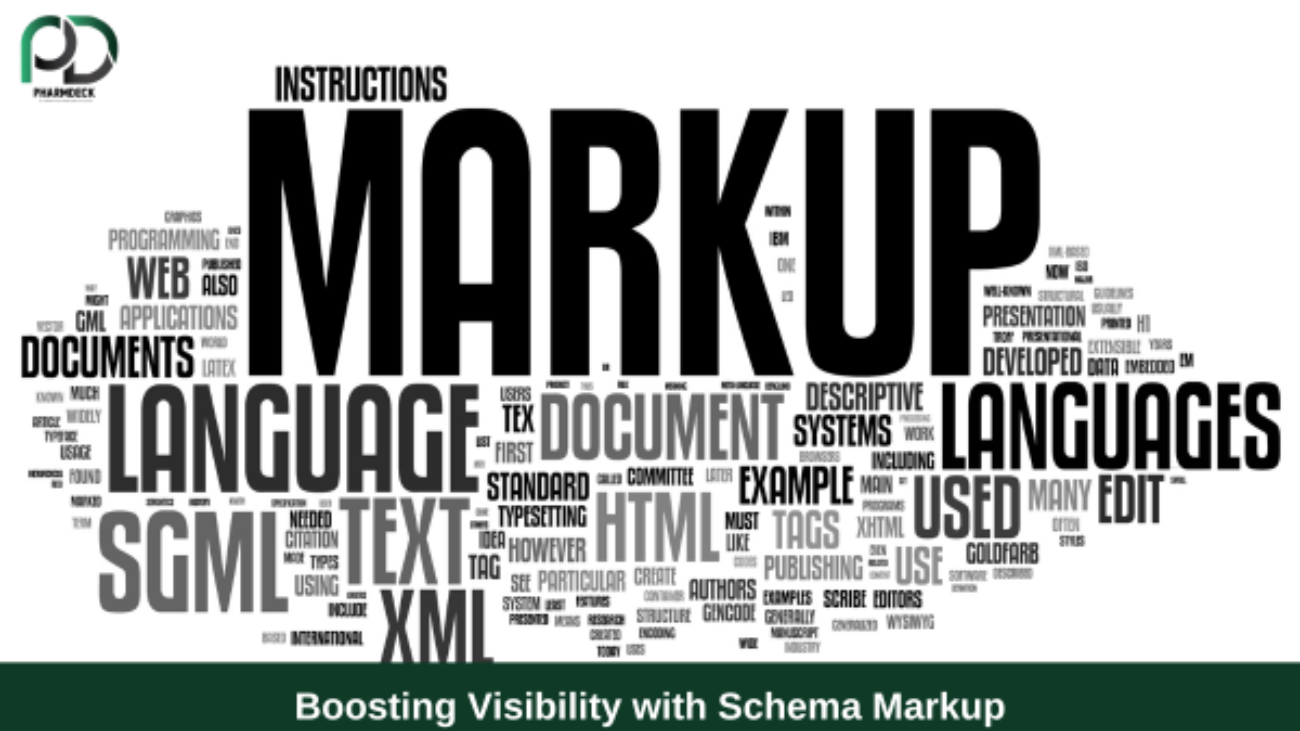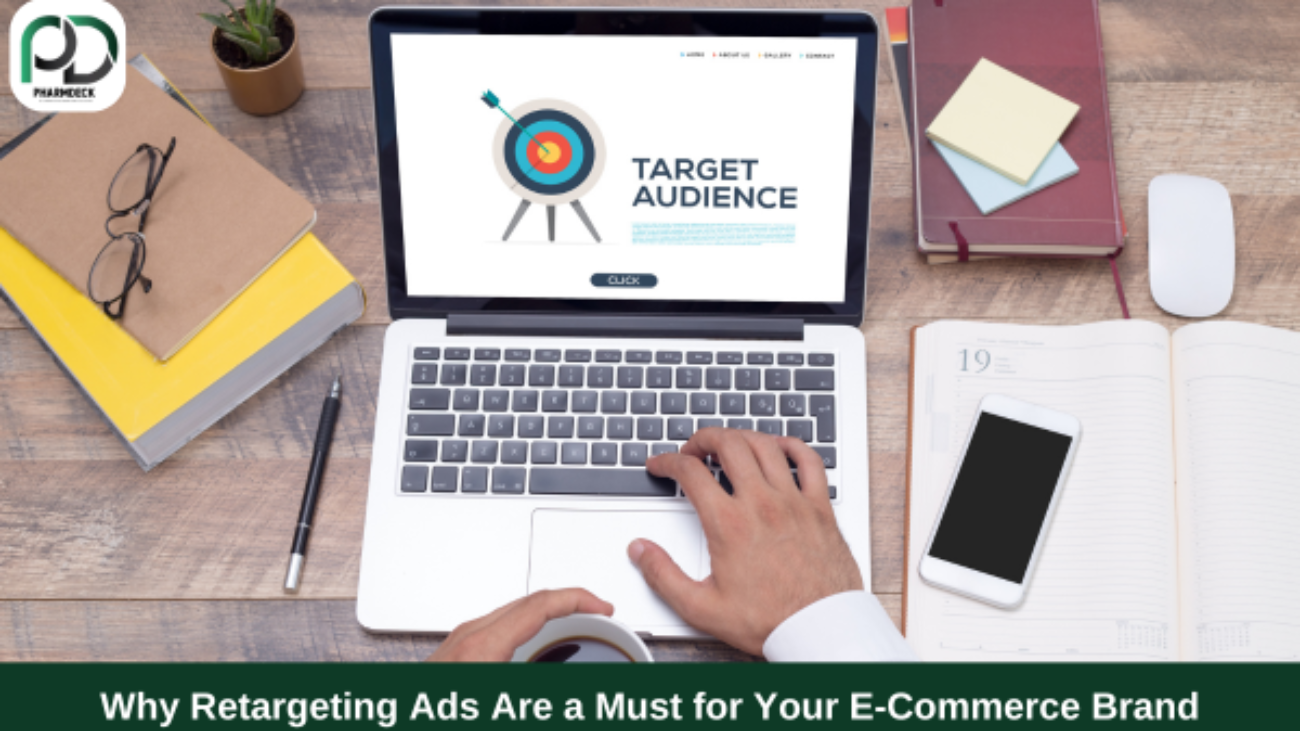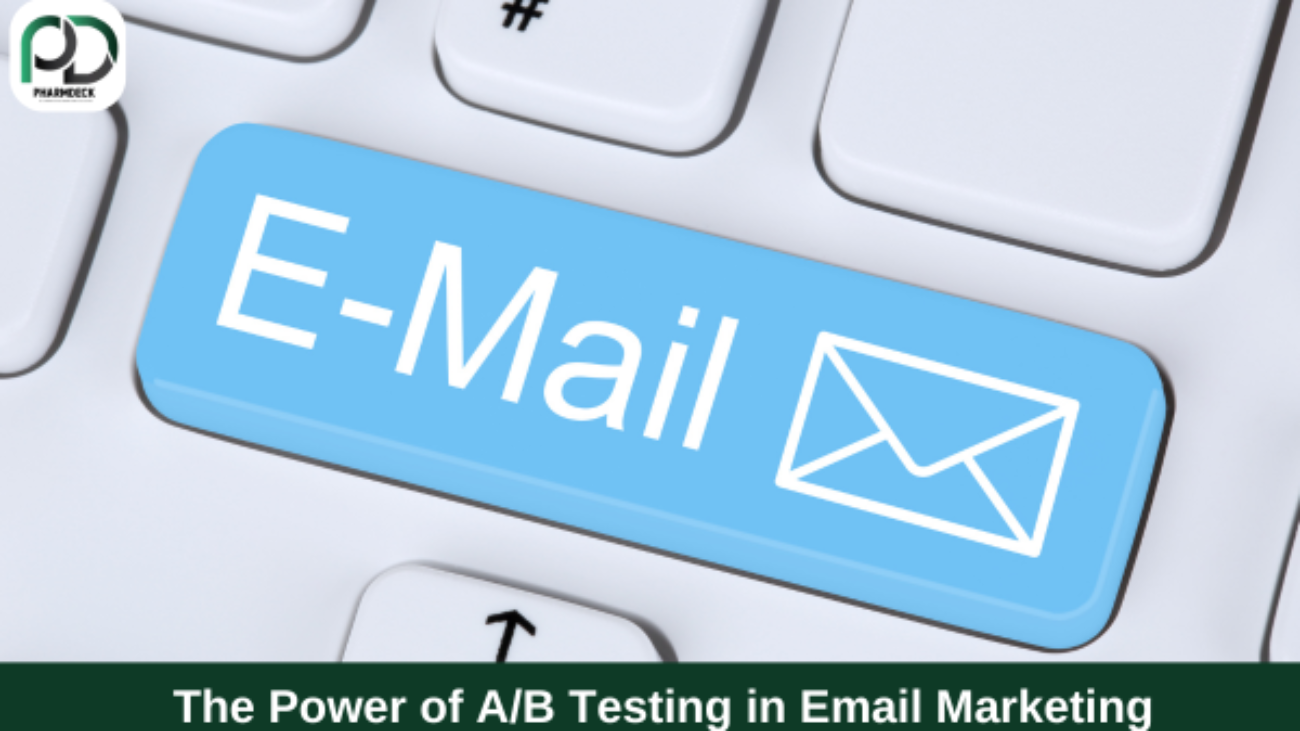In today’s digital age, influencers have become a important part of E-Commerce marketing strategies. Their ability to connect with audiences on a personal level and build trust has transformed the way brands approach customer acquisition and retention.
A Guide to Creating High-Impact Landing Pages for Education Campaigns
A Guide to Creating High-Impact Landing Pages for Education Campaigns
5 Creative Video Marketing Ideas for Brands
In today’s fast-paced digital landscape, video marketing has become an essential tool for brands to connect with their audience, enhance engagement, and boost conversions.
From PUMA to PVMA: The Power of Marketing in Modern Branding
Recently, sportswear giant PUMA made headlines with a unique marketing move—temporarily rebranding itself as PVMA in honor of its ambassador, PV Sindhu. This bold move highlights how modern branding strategies rely on innovative and impactful marketing
Boost Customer Satisfaction with Real-Time Chatbot Solutions
In today’s fast-paced digital landscape, customer satisfaction hinges on timely and efficient communication. Real-time chatbot solutions powered by Pharmdeck ensure your customers receive instant assistance 24/7, enhancing their experience and building trust.
Elevate Conversions: How Landing Page Can Transform Your Business
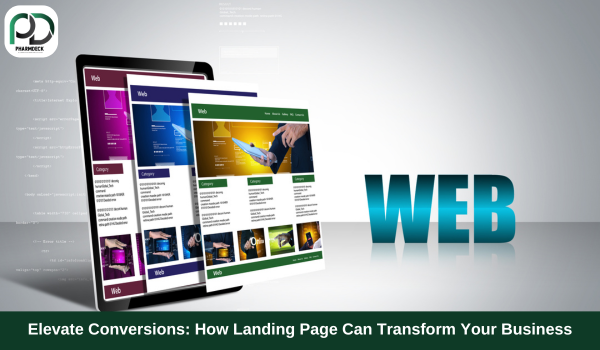
In the fast-paced digital age, converting visitors into customers is the holy grail for businesses. Whether you’re a startup or an established brand, landing page builders like Unbounce and Leadpages can be your secret weapon for simplifying lead generation and boosting conversions.
In this blog, we’ll explore how these tools can revolutionize your marketing strategy, share a real-world success story, and give actionable tips to create high-converting landing pages.
What Are Landing Page Builders?
Landing page builders are tools designed to help businesses create highly targeted and visually appealing web pages without needing advanced coding skills. These platforms offer drag-and-drop functionality, pre-designed templates, and integrations with popular marketing tools, making them an essential part of modern marketing.
Why Businesses Love Landing Page Builders
Here’s why landing page builders are a game-changer:
- Ease of Use: Create professional pages without a designer or developer.
- Customization: Tailor your page to match your brand identity.
- A/B Testing: Experiment with different designs and content to maximize results.
- Fast Deployment: Launch pages in hours, not days.
Real-World Success Story: Coaching Institute’s 35% Webinar Registration Boost
Imagine this: A coaching institute wanted to increase webinar registrations but struggled with generic, cluttered pages. They turned to Unbounce to create targeted landing pages focused on their audience’s pain points.
The result? A 35% increase in registrations within just a month. Their secret was using:
- Minimalistic Design for clarity.
- Compelling Headlines that addressed audience needs.
- A Strong Call-to-Action (CTA) button that encouraged immediate action.
- Mobile-Friendly Pages for users on the go.
Quick Tips to Build High-Converting Landing Pages
Here’s how you can create landing pages that drive results:
1. Keep It Minimal
Less is more when it comes to design. Avoid clutter and focus on delivering a clear message.
2. Write Clear, Attention-Grabbing Headlines
Your headline should instantly capture attention and communicate your value proposition.
3. Add a Powerful Call-to-Action (CTA)
Use action-oriented words like “Get Started,” “Register Now,” or “Claim Your Free Trial.” Place the CTA button prominently and ensure it stands out.
4. Prioritize Mobile Responsiveness
Did you know that 58% of web traffic comes from mobile devices? Make sure your landing page is optimized for mobile screens.
5. Test and Optimize
Use A/B testing to see what works best. Test different headlines, colors, and layouts to find the perfect combination.
SEO Best Practices for Landing Pages
To maximize visibility and traffic, follow these SEO tips:
- Keyword Optimization: Use relevant keywords in your headline, subheadings, and throughout the content.
- Fast Loading Speed: Optimize images and code for quick load times.
- Meta Descriptions: Write concise meta descriptions that include primary keywords.
- Internal Links: Link to other relevant pages on your website to improve navigation.
- Track Performance: Use tools like Google Analytics to monitor traffic and bounce rates.
Conclusion
Landing page builders like Unbounce and Leadpages aren’t just tools—they’re catalysts for business growth. By leveraging their features and focusing on user-centric design, you can transform your marketing strategy and achieve impressive conversion rates.
So, why wait? Start experimenting with landing page builders today, and watch your conversions soar!
Maximizing ROI with Performance Marketing

Performance marketing is a game-changer when it comes to achieving both organic reach and conversions. By focusing on measurable outcomes, this strategy ensures that every penny spent delivers value, making it an essential tool for businesses looking to maximize their return on investment (ROI).
What is Performance Marketing?
Performance marketing is a digital marketing strategy where advertisers only pay for specific actions, such as clicks, leads, or sales. Unlike traditional marketing methods, performance marketing guarantees results, making it highly cost-effective.
Benefits of Performance Marketing

- Cost Efficiency: Since you pay only for measurable actions, there’s minimal wastage of resources.
- Better Targeting: Advanced tools and analytics help you reach the right audience at the right time.
- Enhanced ROI: Focused efforts on conversion-driven strategies ensure a higher return on investment.
- Scalability: Performance marketing campaigns can be scaled based on results, allowing for flexible budget allocation.
Real-Life Success Story
A SaaS company decided to implement performance marketing programs to boost their subscriptions. The result? A remarkable 25% growth in monthly subscriptions within just a few months. This example underscores the power of performance marketing in driving tangible results.
Quick Tips to Boost Your Performance Marketing Strategy
- Offer Valuable Incentives: Reward your affiliates with competitive incentives to keep them motivated.
- Use Reliable Tools: Leverage tools like Refersion to track affiliate performance effectively.
- Ensure Transparency: Build trust with affiliates through timely payouts and clear communication.
- Analyze and Optimize: Regularly review campaign performance and make data-driven decisions to enhance outcomes.
Why Choose Performance Marketing?

Performance marketing bridges the gap between investment and results, making it a preferred choice for businesses of all sizes. Whether you’re a startup or an established enterprise, this strategy can help you achieve your growth objectives efficiently.
Get Started with Performance Marketing Today!
Are you ready to take your marketing efforts to the next level? Discover how performance marketing can help you maximize your ROI by visiting Pharmdeck. From innovative tools to expert strategies, we provide everything you need to succeed in today’s competitive market.
Start your journey towards better ROI and unparalleled growth now!
Boosting Visibility with Schema Markup
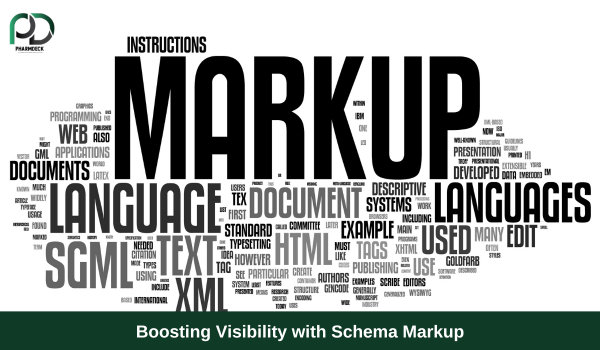
In today’s competitive digital landscape, improving your website’s visibility on search engines is more important than ever. Schema markup, also known as structured data, is a powerful tool that can help achieve this goal. By making your website’s content easily understandable for search engines, schema markup enhances your online presence and drives more traffic to your site.
What is Schema Markup?
Schema markup is a code that you add to your website’s HTML to provide search engines with detailed information about your content. It helps search engines understand the context and relevance of your pages, enabling them to display richer and more informative results.
Real-Life Example: The Restaurant Success Story
Let’s consider the case of a local restaurant that decided to implement schema markup on its website. By adding structured data for their menu, location, and customer reviews, the restaurant saw a remarkable improvement in their visibility within local search results. This simple step led to a 20% increase in table bookings, proving the effectiveness of schema markup in driving tangible business results.
Benefits of Schema Markup
- Enhanced Search Engine Visibility
- Helps search engines understand your content better.
- Improves the chances of appearing in rich snippets.
- Improved Click-Through Rates (CTR)
- Rich snippets are visually appealing and provide more information, encouraging users to click.
- Localized Impact
- Particularly beneficial for businesses targeting local audiences.
- Boosts performance in “near me” searches.
- Versatility
- Supports various types of data, including reviews, FAQs, events, and products.
Quick Tip: Where to Use Schema Markup
- Reviews: Showcase customer ratings and testimonials.
- FAQs: Highlight frequently asked questions for better user engagement.
- Events: Provide details about upcoming events, such as dates, times, and venues.
How to Get Started with Schema Markup
- Choose a Schema Type Visit Schema.org to find the appropriate schema type for your content.
- Generate the Code Use tools like Google’s Structured Data Markup Helper to create your schema markup.
- Add to Your Website Insert the generated code into your website’s HTML.
- Test and Validate Use Google’s Rich Results Test or Schema Markup Validator to ensure everything is implemented correctly.
Final Thoughts
Schema markup is a simple yet effective way to boost your website’s visibility and drive meaningful results. By leveraging structured data, you can enhance your search engine performance, attract more visitors, and achieve your business goals.
Start implementing schema markup today and watch your online presence grow!
Why Retargeting Ads Are a Must for Your eCommerce Brand
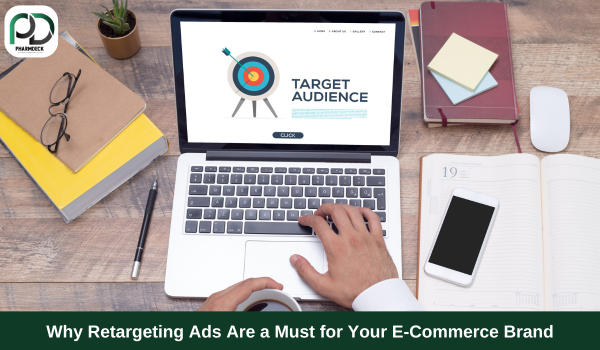
In today’s competitive digital landscape, eCommerce brands constantly seek innovative ways to drive conversions and maximize ROI. Enter retargeting ads — a powerful tool that brings back lost visitors and turns them into loyal customers. At Pharmdeck, we specialize in crafting tailored retargeting strategies that help eCommerce businesses thrive. Let’s explore how retargeting ads can transform your brand’s online presence and sales.
The Magic of Retargeting Ads
“The magic of retargeting ads lies in their ability to re-engage those visitors who have already visited your website but didn’t convert.”
For Example
A fashion eCommerce brand used retargeting ads to target recent visitors and saw a 25% increase in overall sales. This is a practical example that showcases how retargeting ads can be a game-changer for your brand.
Quick Tip
Incorporate personalized messaging in your ads, such as:
- “You left this in your cart!”
- Mention discounts and limited-time offers to create urgency. This significantly increases conversion chances.
The Power of Retargeting Ads
Retargeting ads are a form of online advertising that re-engages users who have previously interacted with your website but left without completing a desired action, such as making a purchase. These ads remind potential customers of the products or services they showed interest in, increasing the likelihood of conversions.
Why Retargeting Works
- Personalization: Retargeting ads can be customized to show users the exact products they viewed or left in their carts.
- High Intent Audience: Users who have already visited your website are more likely to convert compared to new visitors.
- Multiple Touchpoints: Retargeting ads create multiple opportunities to engage users across platforms like Google, Facebook, and Instagram.
Pharmdeck’s Expertise in Retargeting Ads
At Pharmdeck, we design retargeting campaigns that:
- Identify High-Intent Visitors: By analyzing user behavior, we target those most likely to convert.
- Leverage Dynamic Ads: Automatically display products that users previously viewed.
- Use Personalized Messaging: Tailored copy that resonates with your audience, such as exclusive discounts or limited-time offers.
- Optimize Across Platforms: Ensure your ads are visible where your audience spends the most time.
How to Make Retargeting Ads Effective
1. Segment Your Audience
- Create separate campaigns for cart abandoners, product viewers, and returning visitors. Segmentation helps in delivering more relevant ads.
2. Incorporate Urgency
- Use phrases like “Limited stock available!” or “Offer expires in 24 hours!” to encourage immediate action.
3. Highlight Social Proof
- Include reviews, testimonials, or ratings in your ads to build trust.
4. Experiment with Ad Formats
- Test different formats such as carousel ads, video ads, and static images to see what works best.
5. Track and Optimize
- Use analytics to monitor performance and refine your campaigns for better results.
Real Results with Retargeting Ads
Our clients at Pharmdeck have experienced remarkable success through retargeting. One of our eCommerce clients achieved a 40% reduction in cart abandonment rate and doubled their conversion rate within three months of launching a retargeting campaign.
Conclusion
Retargeting ads are no longer optional in the eCommerce world — they are essential. By bringing back lost visitors and creating personalized experiences, they significantly boost sales and ROI. Partner with Pharmdeck to unlock the full potential of retargeting ads and watch your eCommerce brand soar to new heights.
Ready to Get Started?
Contact Pharmdeck today to design and implement a retargeting strategy tailored to your brand’s unique needs. Let’s turn your website visitors into loyal customers!
The Power of A/B Testing in Email Marketing
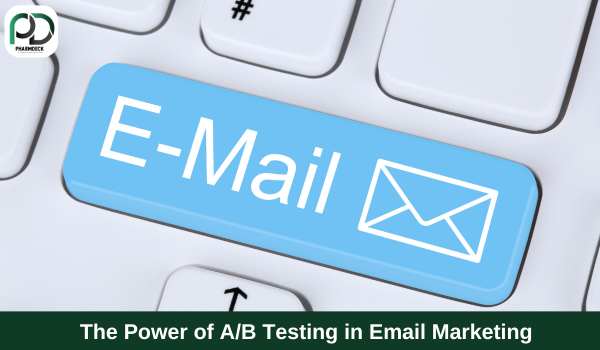
A/B testing is a game-changer for understanding what resonates best with your audience in email marketing. By testing different versions of your email campaigns, you can identify what drives engagement and boosts conversions. In this blog, we’ll explore how A/B testing works, why it’s essential, and practical tips to make your campaigns more effective.
What is A/B Testing?
A/B testing, also known as split testing, involves creating two (or more) versions of an email and sending them to different segments of your audience. By comparing the performance of each version, you can determine which elements work best.
For instance, a beauty brand conducted A/B testing on their email subject lines. One version highlighted a discount, while the other focused on personalization. The personalized subject lines increased open rates by 20%, showing the power of tailoring your approach.
Why is A/B Testing Crucial in Email Marketing?
Improves Engagement Rates: Testing subject lines, email designs, or call-to-action buttons ensures you’re using the most effective elements to engage your audience. Enhances Conversion Rates: A well-tested email is more likely to convert readers into customers. Reduces Guesswork: Instead of relying on assumptions, A/B testing provides data-driven insights. Builds Better Campaigns: Over time, you’ll refine your strategies and create high-performing campaigns consistently.
Key Elements to Test in A/B Testing
Subject Lines: Experiment with tone, length, personalization, or urgency. Email Design: Test layouts, images, and color schemes.
Call-to-Action (CTA) Buttons: Try different text, placement, and colors.
Send Times: Identify when your audience is most likely to open emails. Email Content: Compare short versus detailed copy, or test different offers and promotions.
How to Conduct A/B Testing Effectively
Step 1: Define Your Goal
What do you want to achieve? Increased open rates, higher click-through rates, or improved conversions? Clear objectives guide your testing process.
Step 2: Choose One Variable
Test one element at a time to isolate its impact. For example, if you’re testing subject lines, keep other elements constant.
Step 3: Segment Your Audience
Divide your email list into equal and random groups to ensure accurate results.
Step 4: Analyze Results
Use metrics like open rates, click-through rates, and conversion rates to evaluate performance. Identify which version achieved your goal.
Step 5: Implement Learnings
Apply the winning version to your broader campaign and continue refining your approach over time.
Quick Tip
Test different versions of subject lines, email designs, and call-to-action buttons. Once you find the best-performing version, set it as your campaign standard.
Conclusion
A/B testing empowers marketers to make data-driven decisions and craft campaigns that truly connect with their audience. By continuously testing and refining your approach, you’ll maximize the impact of your email marketing efforts and achieve long-term success.
Start small, stay consistent, and watch your email metrics improve as you leverage the power of A/B testing!

